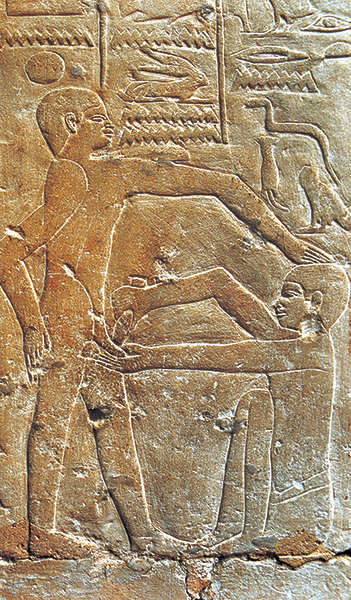
WEIGHT: 58 kg
Bust: 2
One HOUR:80$
NIGHT: +100$
Services: Sex anal, Golden shower (in), Fetish, Travel Companion, Pole Dancing

Bangalore AsiaNews - To free the devadasi, the "sacred prostitutes" of Hinduism, from exploitation, oppression and marginalization, teaching them trades and sending their children to school. This is the mission undertaken by a group of Sisters of the Cross of Chavanod in Karnataka. The nuns have dealt with 10 villages, where they created classes for 50 children, and other centres for support and activities that accommodate about children.
Jose, "we've managed to convince a group of women to give up this 'profession', and others also seem motivated. The devadasi system is a Hindu practice, whereby a girl is "dedicated" to a deity of the temple. From the Sanskrit deva , "god", and dasi , "slave", originally these girls were a sort of priestess: once they became devadasi they could not marry, and they had to perform ritual dances and stay in the temple as "courtesans" of the gods. Over time, these young people have become real prostitutes, although in this practice became illegal all over India.

The devadasi do not live in temples, but in huts. The problem of trafficking in women and children for sexual purposes has assumed an even greater proportion, because of the social stigma that befalls them.
According to research by the Department for Women and Children of Karnataka, in there were 5, devadasi in the District of Riachur. In general, parents or grandparents decide that their daughters will become the devadasi when they are still very small. The vow takes place in secret as soon as the young girls have reached puberty.

Today, the devadasi and their children live in extreme poverty, because they have no fixed income. The offerings of the clients are meagre and irregular, because as "sacred prostitutes" they cannot ask for money. Some are forced to beg, or to perform daily chores. The little ones experience the worst problems: stigmatized by society, without a father to give them a name, without financial support, unable to go to school. For the girls, life almost always has in store for them a future as devadasi, like their mothers.

































